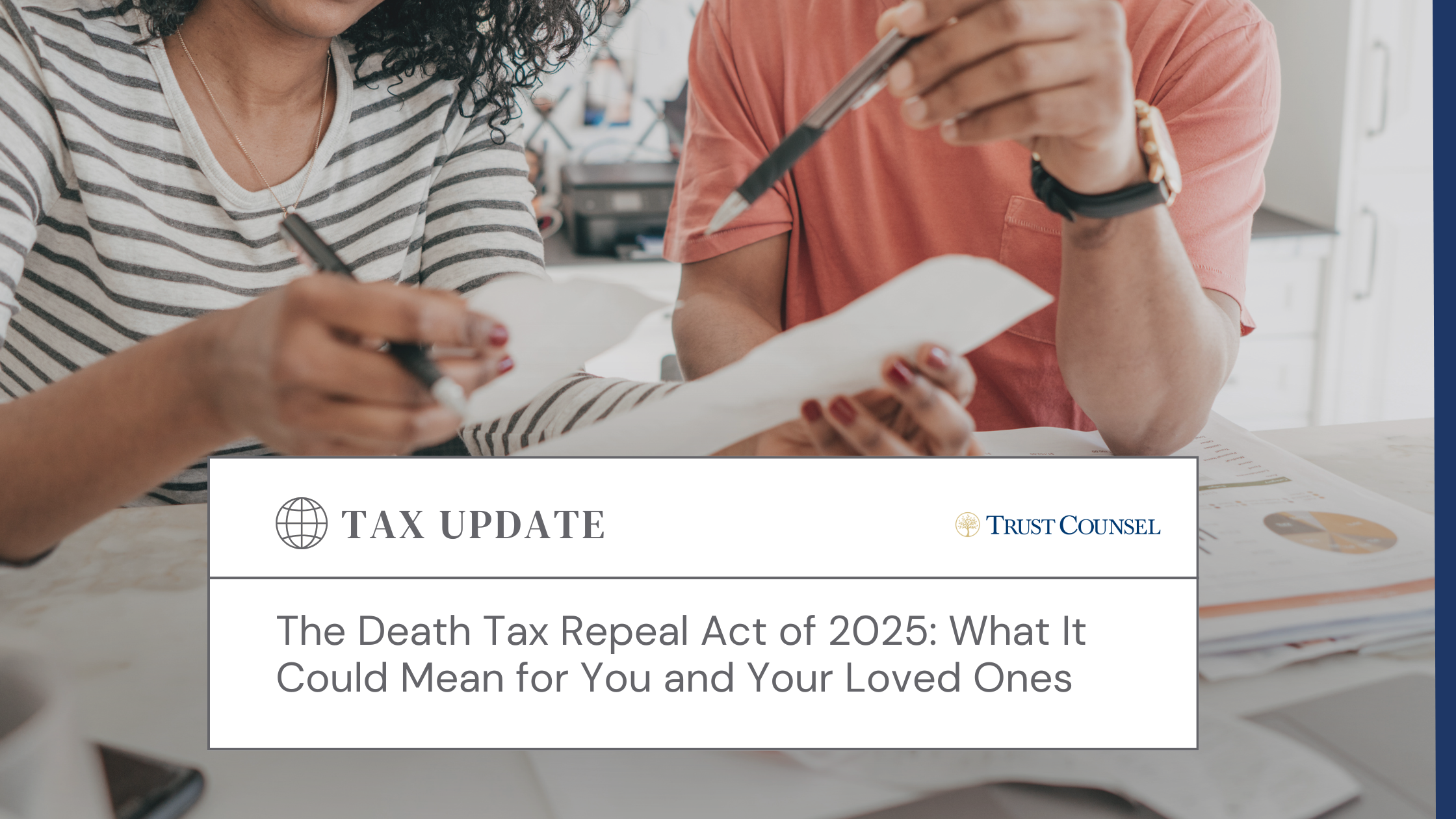With the new tax season starting next Monday, taxpayers are getting ready to file their tax returns on time and may see the impact of the new tax laws reflected in their tax returns. When filing, owners of foreign bank accounts should report the existence of these accounts and pay careful attention to recent case decisions regarding penalties for failure to report these accounts. In the last few weeks, courts have looked closely at the issue of willfulness in the failure to report. This “willful” determination is significant and can make a difference bet ween a penalty of $10,000 versus 50 percent of the account value.
But let’s start from the beginning. Question 7(a) on Schedule B of Form 1040 tells the IRS whether an individual has a foreign bank. Therefore, taxpayers have a duty to report their own foreign bank accounts. (Note that there is no dollar threshold on the duty to report foreign accounts on this schedule. However, if the aggregate value of such accounts exceeds $10,000 at any time during the calendar year, the taxpayer must separately file FinCEN Form 114, Report of Foreign Bank and Financial Accounts (FBAR).)
The FBAR must contain the name and address of the financial institution, the account number(s), and the maximum amount in the account during the year. The penalties for failing to file an FBAR are substantial and will depend on the type of violation. The penalty may be up to $10,000 per year for non-willful violations, or up to the greater of $100,000 or 50 percent of account balances for willful violations. In addition, criminal penalties may apply when there are significant civil penalties or willful violations.
The determination of the penalty and what constitutes willful has been litigated many times, but courts have yet to agree on these issues. However, two recent cases have looked particularly at Schedule Bs to determine willfulness. In those cases, the respective courts independently determined that a strong showing of willfulness could be as simple as answering “No” to Question 7(a) when in fact the taxpayer had a foreign financial account.
In Kimble v. United States (CFC 2018), the United States Courts of Federal Claims determined that the taxpayer was liable for the maximum willful penalty, despite the taxpayer’s arguments that he did not know about the federal requirement to report foreign bank accounts. Here, the taxpayer had a UBS account but did not disclose it to his accountant, answering “No” to Question 7(a) on Schedule B of the return. The court concluded that the taxpayer exhibited a “reckless disregard” of the legal duty to report foreign bank accounts to the IRS.
This decision is consistent with the IRS guidelines regarding the standards of willfulness. The standard for willfulness includes not only knowing violations of the FBAR requirements but willful blindness to the FBAR requirements as well as reckless violations of the FBAR requirements.
Another case discussing willfulness was resolved on January 18, 2019. In U.S. v. Horowitz, No. 16-1997 (D. Md.)., the IRS assessed multiple willful FBAR penalties of nearly $250,000 each against Mr. and Mrs. Horowitz, U.S. citizens living in Saudi Arabia, for failure to disclose a joint account opened at Swiss Bank UBS. The court ruled in favor of the government, noting that the couple marked “no” to Question 7(a) on Schedule B of their return. The couple argued that they did not know about the FBARs filing requirements, as a friend had told them they did not need to pay taxes on interest from foreign accounts. The court noted that discussions regarding their interest in foreign accounts should have taken place with the accountants. The couples reckless disregard of FBAR requirements was enough to find willfulness.
The Internal Revenue Manual indicates that a determination of willfulness will depend on different factors. However, in litigation, the single act of answering “No” to Question 7(a) seems to become a predominant indicator of willfulness.
Remember, FBAR filings are intertwined with the requirement to file Schedule B and disclose your foreign accounts. Furthermore, FBAR rules apply to U.S. persons—whether they are a U.S. citizen, a foreign individual who is a U.S. resident, a green card holder, and an individual who meets the substantial presence test.





